IDD Insight
Indian Government in a decision to allow wider options for the military equipment making industry, has restructured the ownership-pattern of the 41 factories under the Ordnance Factory Board (OFB), an entity under the Ministry of Defence.
The OFB, which is legacy of the British rule in India, will not exist as an entity in its present from or structure. Seven public sector undertakings ( or Government owned companies) are planned to be created under the MoD. The 41 OFB factories will be subsumed under one or the other new companies based on an assessment of manufacturing abilities of the factory.

These factories produce everything from, Artillery guns, tanks, heavy vehicles, specialised wires, rifles, ammunition etc. The manufacturing process covers wide spectrum of engineering – mechanical, electrical, metallurgical, chemical, textile, leather, optics and electronics.
A decision to restructure the ownership of the factories was taken by the Union Cabinet – the council of Ministers – of the Narendra Modi Government
Seven sectors which will subsume the factories
The seven new – yet to be named — PSU entities will each cover a separate sector of the manufacturing stream. These seven sectors are
- Ammunition & Explosives
- Vehicles
- Weapons & Equipment
- Troop Comfort Items
- Opto-Electronics
- Parachute group
- Ancillary
These will engage in production of ammunition of various caliber and explosives, in production of defence mobility and combat vehicles such as Tanks, Trawls, BMP and Mine Protected Vehicles
Besides production of small arms, medium and large caliber guns and other weapon systems. This was expected to increase the share in the domestic market as well as product diversification and export orders.

What is the Change
After the OFB that is a ‘subordinate office’ of the Ministry of Defence, is scrapped, the seven companies will be registered under the Companies Act 2013.
The Government has also decided to delegate the authority of the Cabinet to the Empowered Group of Ministers, constituted under the Minister of Defence, to decide upon the matters related to implementation.
The group also has the Indian Home Minister, the Indian Finance Minister, the Indian Minister for Labour and Minister of State in the Indian Prime Minister’s Office.
New move provides flexibility
Being an office under the MoD, the factories of the OFB had little chance to tie-up with foreign entities or have the flexibility to take decisions that any corporate set-up needed to take.
The move is expected to improve autonomy, accountability and efficiency.
So far the OFB products are priced on a cost based methodology without charging any profit over the cost of production for supply to the armed forces. Since OFB is nominated as a production agency for supply of core items to the armed forces, no comparison with international prices can be made.

The factories now have a chance to into productive and profitable assets; bring about specialization in the product range; improving quality and cost-efficiency.
Besides the 1.6 million strong Indian Armed Forces. The OFB factories have other customers like Central Paramilitary Forces, State Police Forces for supplying arms, ammunition, clothing, bullet proof vehicles and mine protected vehicles
Employees remain as they are: Partners need to watch
The employees of the OFB — approx 80,000 – remain as it is. There is no change to their service conditions. The pensions and post retirement benefits too shall remain the same. An Empowered Group of Ministers (EGoM) will oversee and guide the entire process of corporatisation of OFB, including transition support and redeployment plan of employees while safeguarding their wages and retirement benefits.
The OFB is 246 years old
Some time in 1775, the British authorities accepted the establishment of Board of Ordnance in Fort William, Kolkata. In 1787 a gun powder factory was established at Ishapore West Bengal which started production from 1791. The British set up 18 ordnance factories the rest have come up after India became independent in 1947.Read it here As of now the OFB has 41 Factories, 9 Training Institutes, 3 Regional Marketing Centres and 4 Regional Controllers of Safety. Read it here






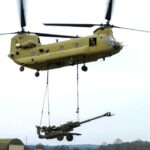
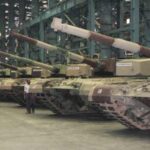




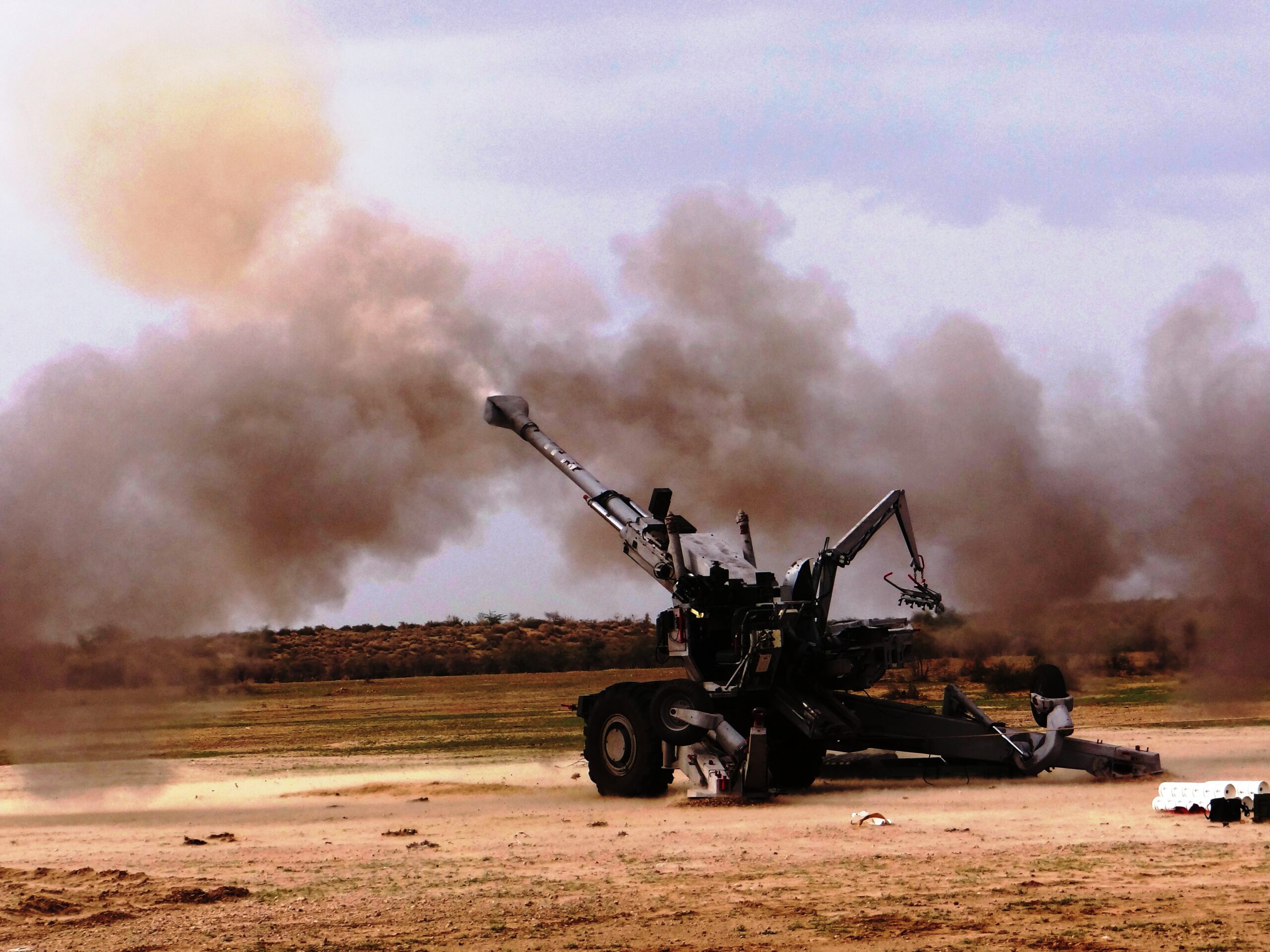

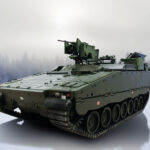



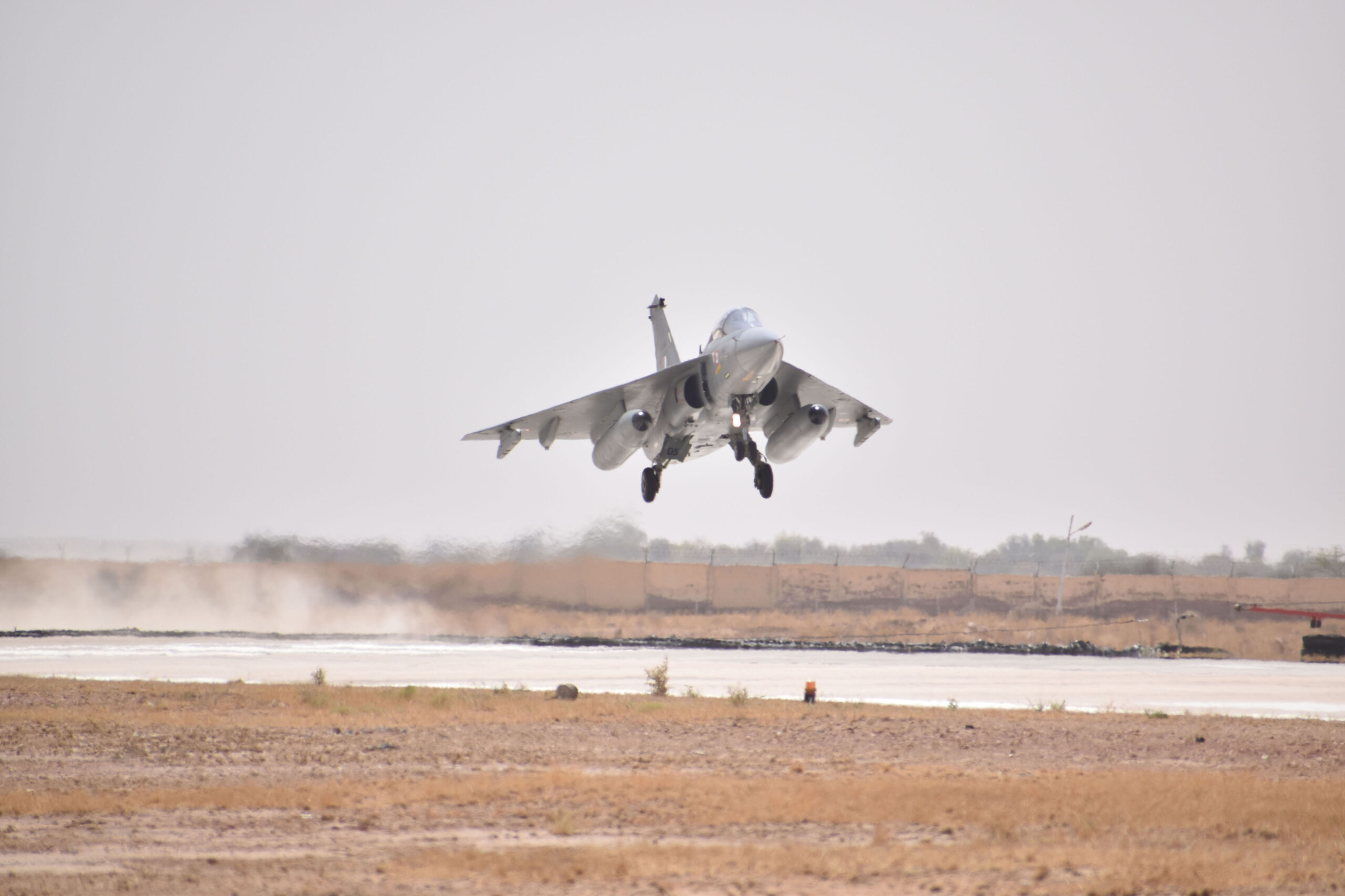
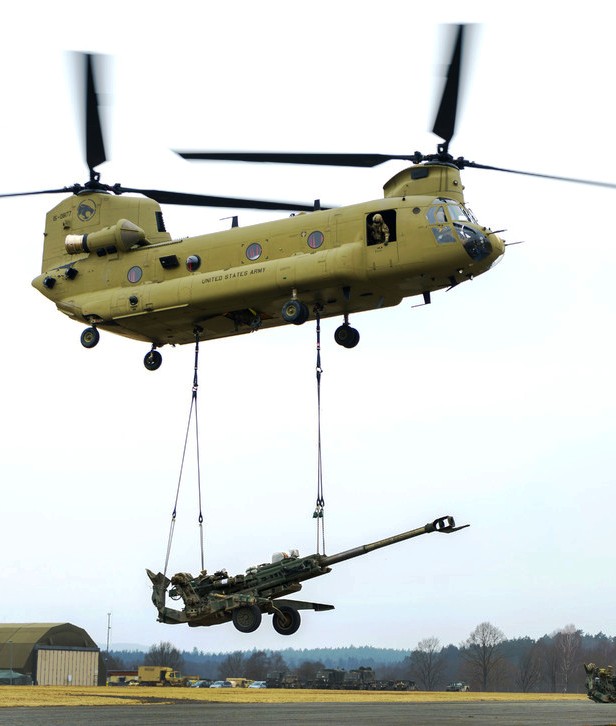
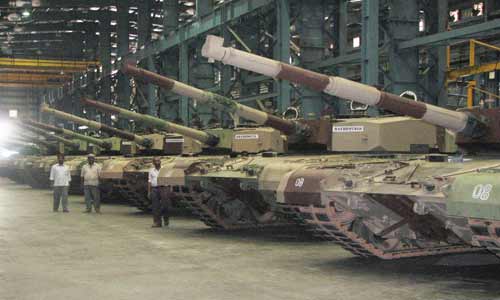



Recent Comments